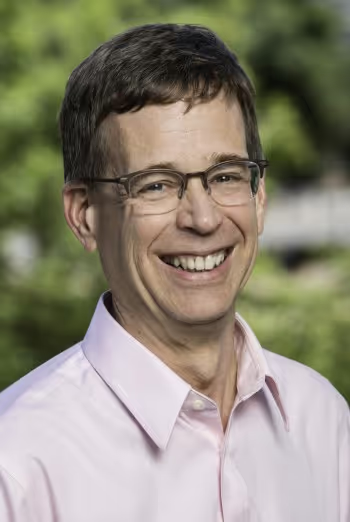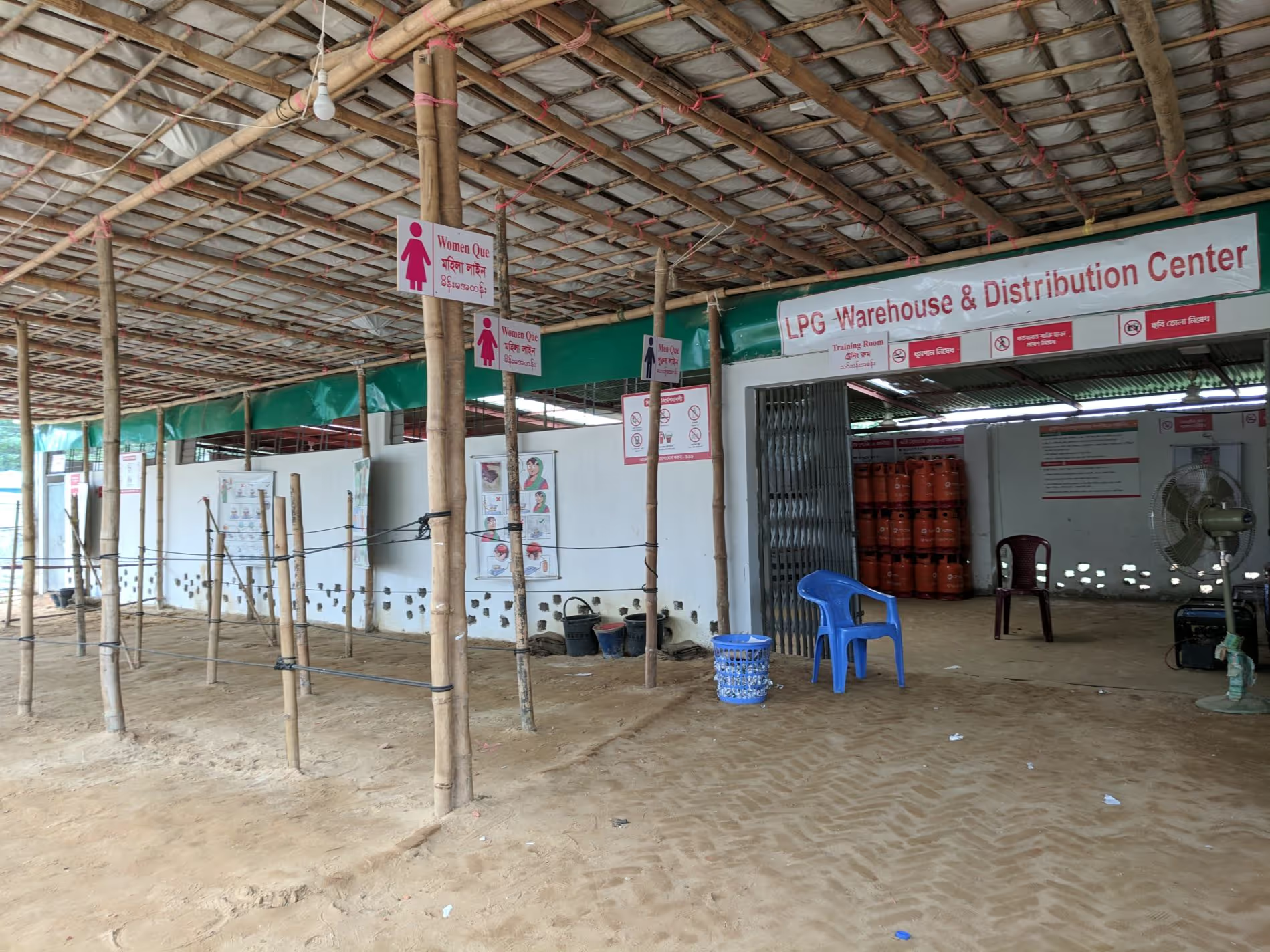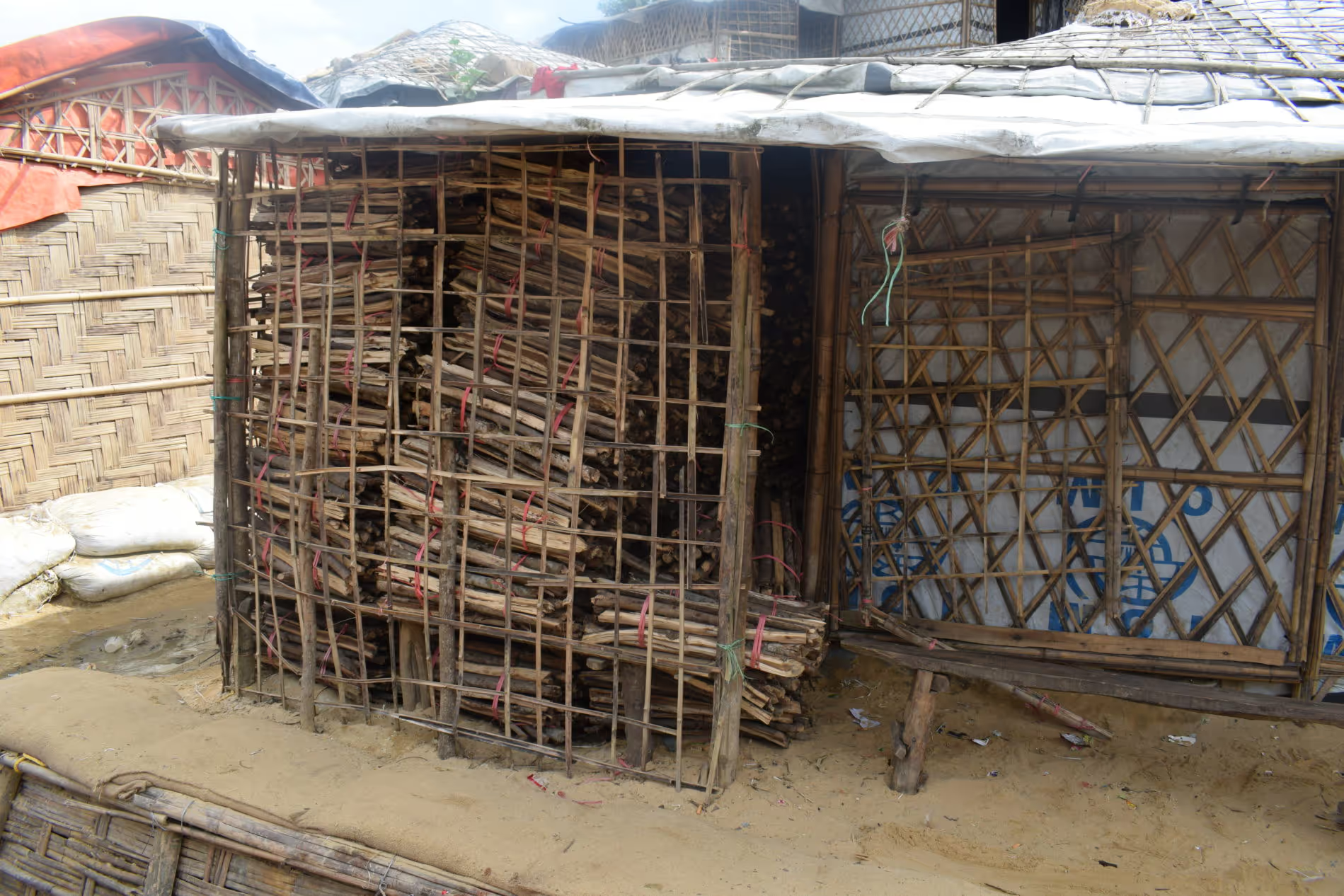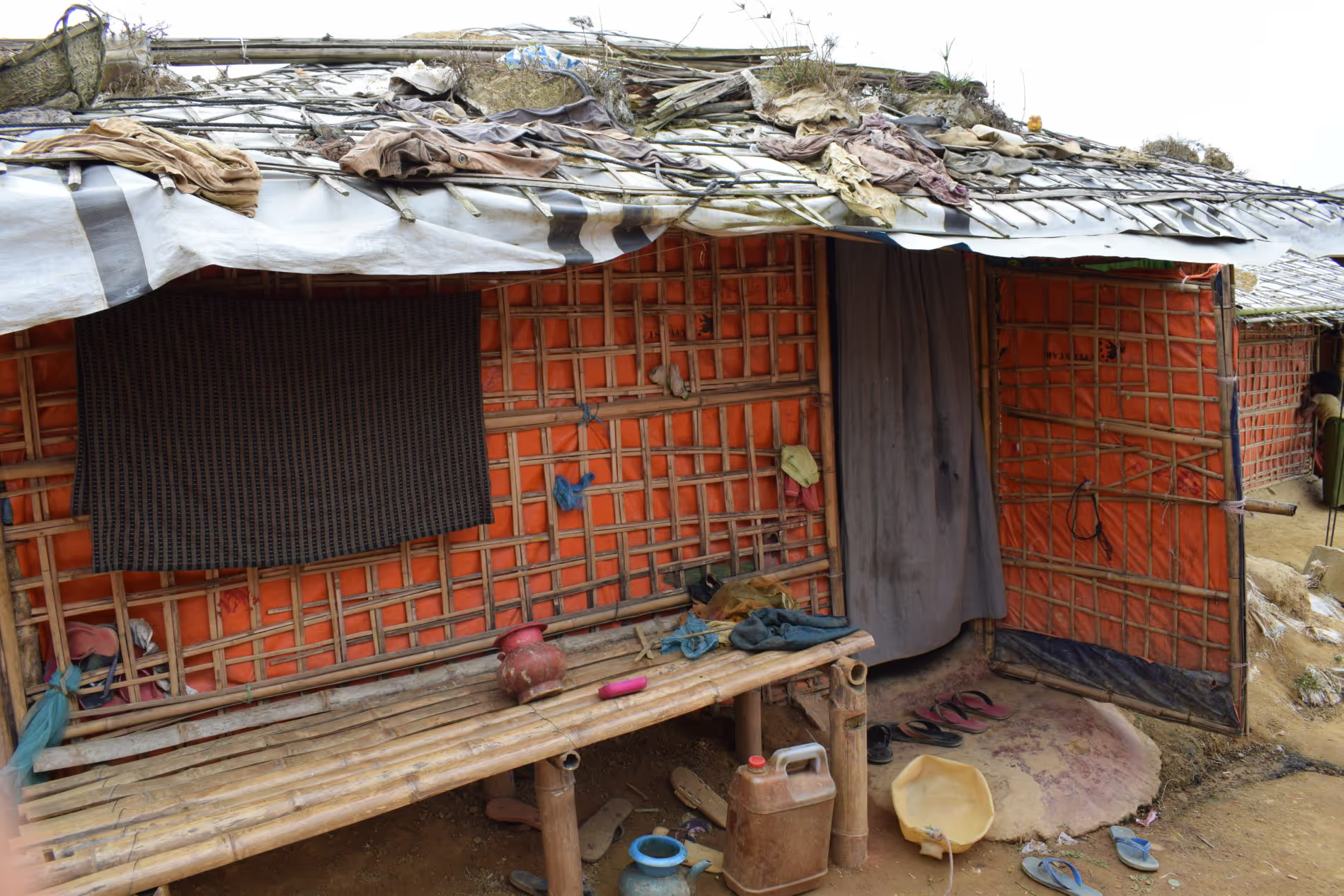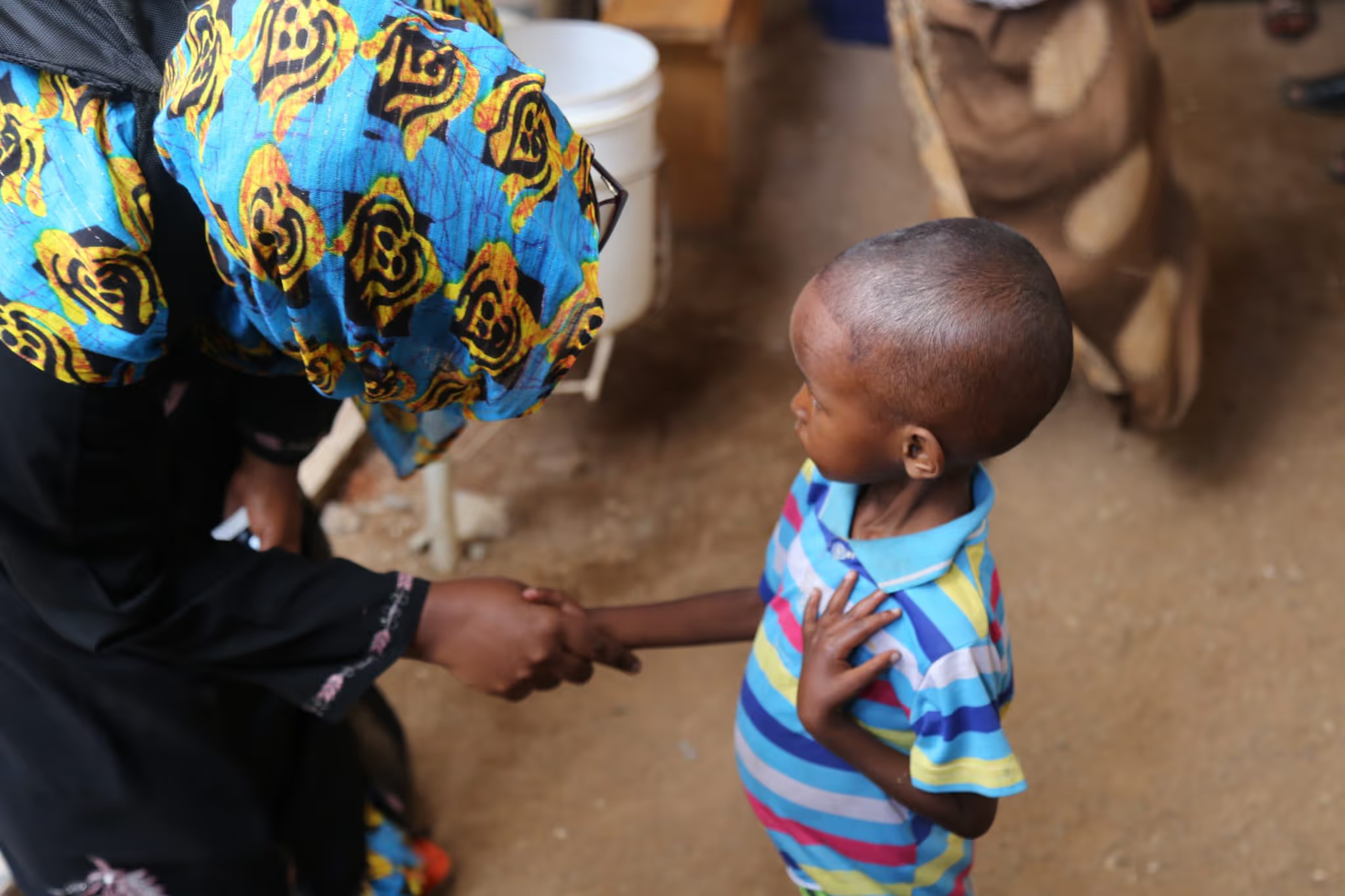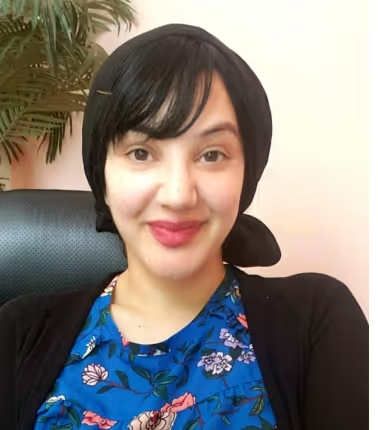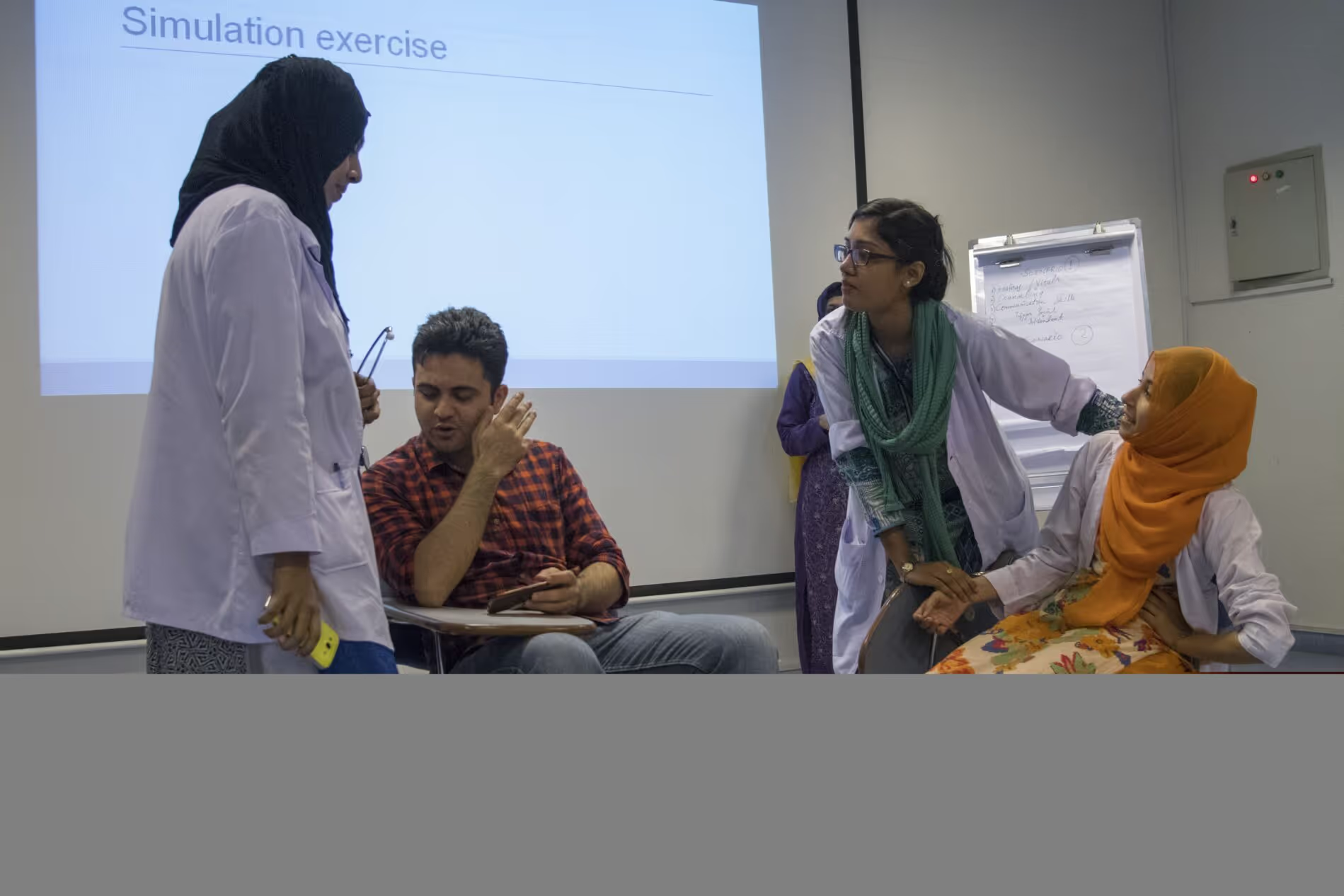Human and environmental health costs and benefits of firewood versus clean fossil fuel use by Forcibly Displaced Myanmar Nationals and host communities in Bangladesh
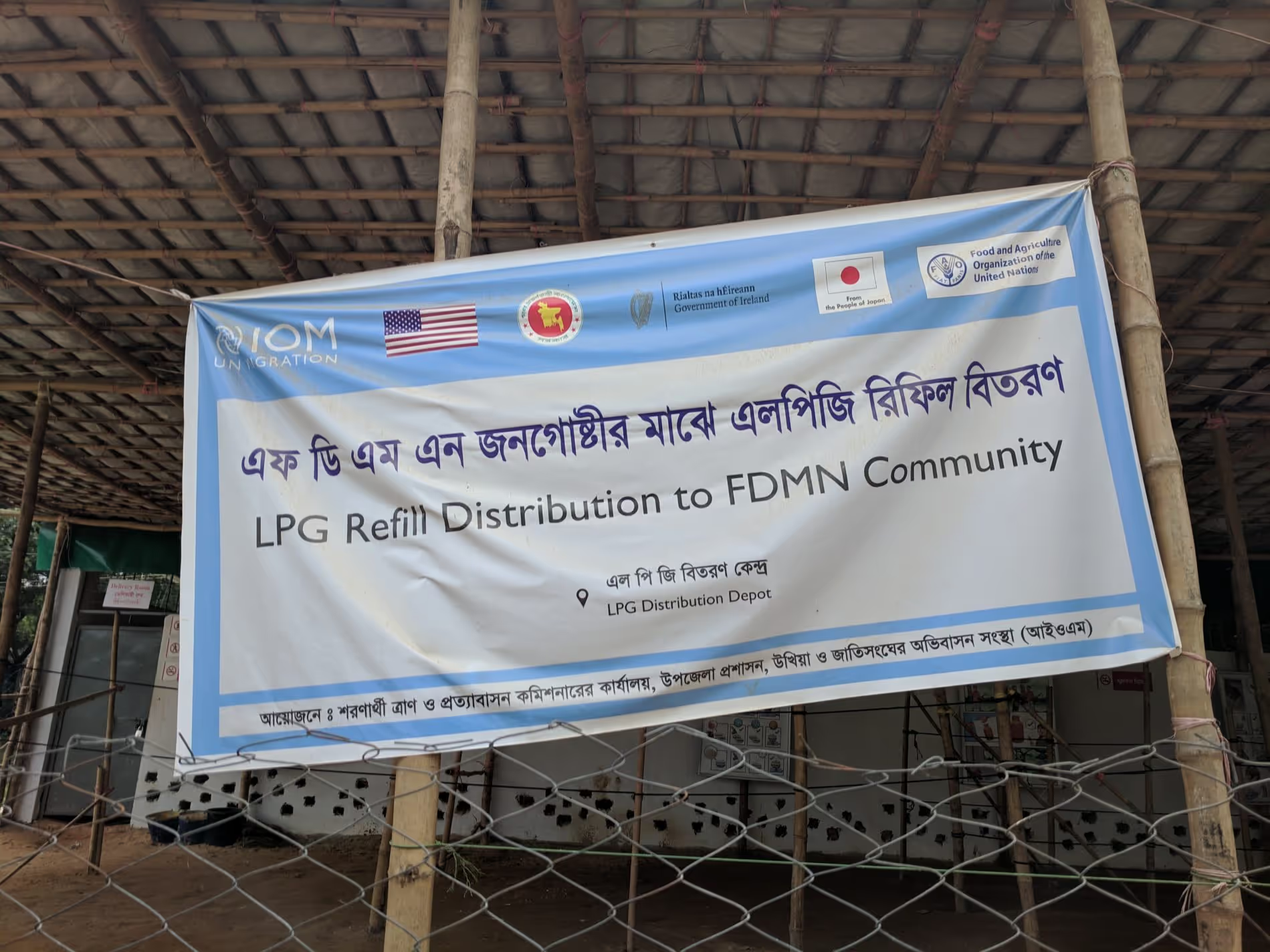
Project overview
This study investigated the human well-being and environmental impacts of the distribution of liquified petroleum gas (LPG) to replace firewood for cooking in Rohingya refugee camps.
Countries
Bangladesh
Organisations
Stanford University
Partners
International Centre for Diarrhoeal Disease Research, Bangladesh (icddr,b), International Organization for Migration (IOM), United Nations High Commission for Refugees (UNHCR), and the Energy and Environment Technical Working Group in Cox’s Bazar
Area of funding
Humanitarian Research
Grant amount
£474,685
Start date
01
June
2019
End date
01
May
2022
Project length (in months)
35
Project solution
This project offers [specific solution or intervention] to tackle [challenge]. By implementing [strategies, tools, or innovations], the project aims to achieve [desired outcomes]. The approach is designed to [specific actions or methods] to bring about meaningful change in [community, region, or issue area].
Expected outcomes
This project aims to achieve [specific outcomes], such as [measurable results, improvements, or changes]. The expected impact includes [benefits to the target community, advancements in research or innovation, or long-term effects]. By the end of the project, we anticipate [specific changes or milestones] that will contribute to [broader goals or objectives].
Principal Investigator: Stephen Luby, Stanford University
RESEARCH SNAPSHOT: WHAT ARE THE IMPACTS OF PROVIDING COOKING FUEL IN REFUGEE CAMPS?
This mixed methods study in Cox’s Bazar, Bangladesh found a range of social, health, and environmental benefits were achieved by providing cooking fuel to Rohingya refugees.
[.cta_link]Read the Snapshot[.cta_link]
What did the study set out to achieve?
The study aimed to add to the limited evidence base on the adoption of liquified petroleum gas (LPG) and implementation of an LPG delivery system in a humanitarian context. It specifically aimed to investigate the health and environmental impacts of the distribution of LPG to replace firewood for cooking in Rohingya refugee camps. It also aimed to investigate the intervention's cost-effectiveness and how the effectiveness of LPG distribution and uptake could be increased.
A cross-sectional study was conducted of communities that are and are not receiving free propane distribution. By studying the factors that influence household’s usage of propane and firewood, the research sought to better understand how these factors affect health, household economics, and the environment. Often these factors have particularly negative impacts on women and children.
What were the key findings?
The LPG distribution programme was associated with high exclusive use of LPG. It also:
- replaced 4.3 kg of firewood/day with 0.34 kg of LPG/day, preventing 330,600 tons of firewood extraction and 407,000 tons of CO2 emissions;
- increased spending on food (from $7.19/month to $8.55/month);
- reduced air pollution, preventing 2,309 adult deaths and 385 child death over 5 years;
- lowered the prevalence of female caregivers at risk of depression by 10.0%;
- reduced the prevalence of burning of plastic as a cooking fuel from 40% burning 5+ days/week to 0%; and
- reduced inter-group and domestic violence.
The programme cost $0.34-$0.47 per day per family. Since refugees needed to bring their cylinders to the depot to collect the LPG refill, targeting of resource appeared effective: very few LPG tanks were “lost” and needed to be replaced.
What are the implications for humanitarian practitioners and policymakers?
Humanitarians can use the results of this study to help donors understand the multi-sectoral impact of their funding: not only does funding the provision of clean-cooking reduce respiratory illness and save lives, but it also improves food security and reduces refugee-host conflict and domestic violence.
Humanitarians could advance clean cooking for refugees by:
- assessing sustainable clean fuel options for other humanitarian settings;
- continuing to develop technologies and processes the increase the efficient use of cooking fuel;
- developing international financing mechanisms; based on carbon credits or results-based tools to
offset the cost of fuel provision, and; - considering incorporation of fuel provision into the mandate of the World Food Program (WFP).
Donors can draw on these study results to be reassured that their contributions to a clean cooking fuel programme provides a range of benefits well-targeted to refugee beneficiaries.
No items found.
Project delivery & updates
Stay up to date with the latest developments from this project. Here, you will find details on what has been delivered, resources created, and regular updates as the project progresses. Access key documents, reports, and other materials to see how the project is making an impact.
No resources/updates have been published yet for this project. Sign up for our newsletter to stay informed about upcoming publications and updates!
Join our Newsletter
Resources
No items found.
Latest updates
No items found.
